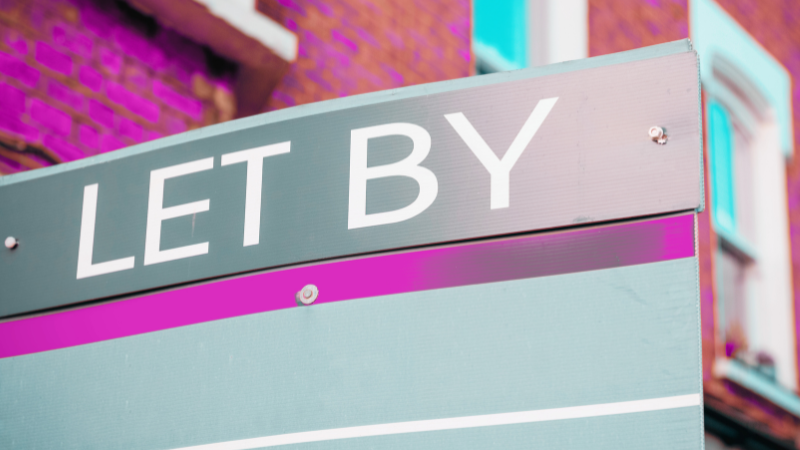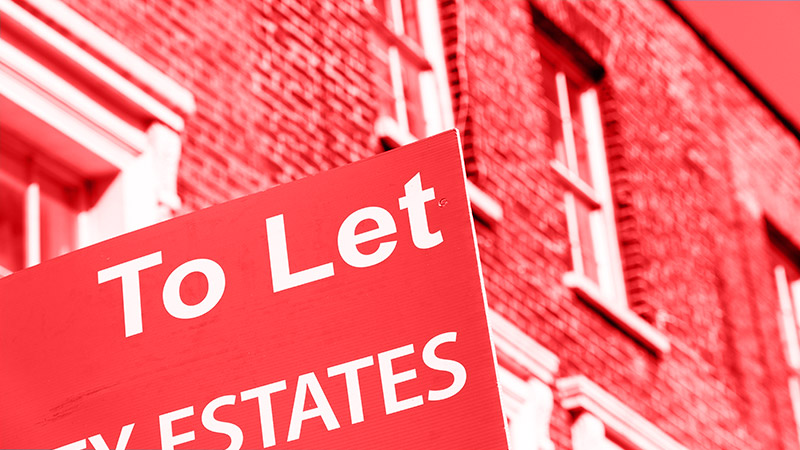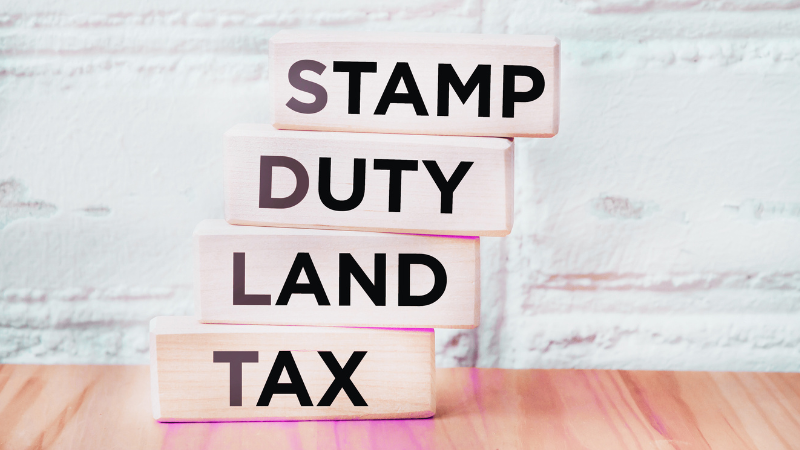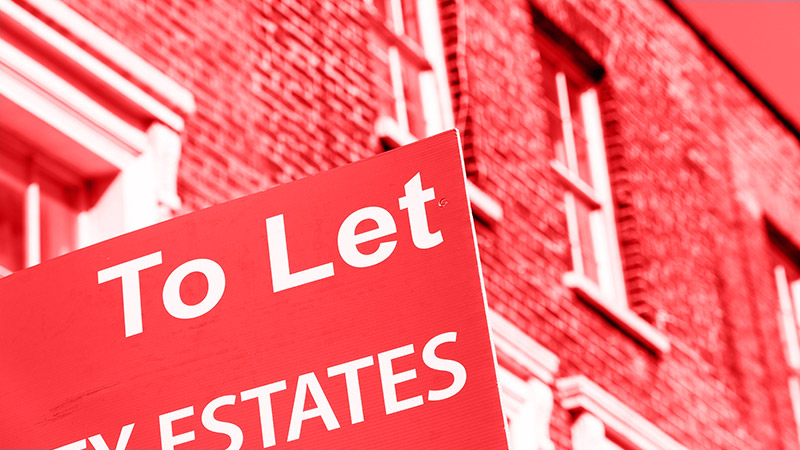With recent tax changes, more and more landlords in the UK are buying properties through limited buy-to-let companies rather than ‘as individuals.’
But is it the best option for you?
Mortgaging your property through a limited company can be beneficial whether you’re buying your first investment property or are an established landlord looking to add to your portfolio.
This guide explores the pros and cons of buying property through limited companies and how you can easily set up a limited company.
What Is A Limited Company Buy To Let Mortgage?
Buy to let limited company mortgages, also called special purpose vehicle (SPV) mortgages, allow you to take out mortgages on properties through a limited company rather than in your name.
The legal structure of limited companies separates the responsibilities of business owners and the business itself.
When incorporated, a limited company becomes a legal entity with debts and assets.
The main benefit of purchasing a buy to let property this way is tax-related.
You also get a safety net of limited liability when things go wrong, and you can share property ownership.
Pros Of Buying A Buy To Let Property Through A Limited Company
Tax Benefits
When you buy property as an individual, you’re liable to pay income tax on your rental income.
The tax authority of the UK government views the money you receive for rent as personal income.
The rental income is added to your personal income, pushing you over a new income tax band threshold that makes you liable to higher taxes.
You’re not taxed according to personal income tax rates when you purchase your buy to let property as a limited company.
You’ll be subject to corporation tax rather than income tax, enabling you to pay less tax. The current rate stands at 19% for the 2021-22 tax year, and there are no higher tiers like income tax.
Claim Back Your Expenses
Landlords used to pay less on their rental income before 2017 by claiming tax reliefs that allowed them to subtract certain costs from the income first, like the cost of their mortgage interest.
Higher-rate taxpayers could offset their interest as a tax expense and avoid paying up to 45% tax on the value of their annual interest. However, things have changed.
As of April 2020, you must pay tax on your rental income straight away without deducting any costs.
After that, you can only claim back the equivalent of 20% of your mortgage interest cost.
However, these changes will not affect you if you own a buy to let property through a limited company.
You can still deduct such expenses from the income of a limited company as business expenses, and it can help reduce the amount you’re taxed.
Plan For The Future Easily
It’s essential to think about the future when investing in a buy to let property, including what you plan to do with it in later life.
It’s easier to transfer ownership of your rental properties through a limited company.
It’s simpler and more tax-efficient to transfer ownership of the limited company instead of passing on privately held property.
The property remains in the ownership of the limited company, and only the company’s directorship changes hands.
As a result, you protect the transaction from being subject to Stamp Duty, Capital Gains Tax and Inheritance Tax.
It’s a suitable plan if you plan to pass a buy to let property to family members in the future.
Protect Your Earnings And Assets
You’re not making a capital gain if you sell any buy to let property you own through a limited company.
Your business is making a profit. You’re protected from tax liabilities when you retain profits within the company, helping you keep more of your earnings.
Limited companies provide limited liabilities if anything goes wrong with the new property investment.
If it becomes difficult to pay your mortgages, your other assets remain protected from the lenders as long as you hold them outside the company’s investments.
However, it doesn’t absolve you from any personal guarantees often required by mortgage lenders.
Cons Of Buying A Buy To Let Property Through A Limited Company
Additional Costs
You’ll face some new costs in running a company when you set up a limited company and use it to purchase a property. You’ll need funds for:
- Corporation tax.
- Preparing and filing annual accounts at Companies House.
- Keeping accurate financial records throughout the year.
- Accountancy fees or annual auditing, if required.
- Legal fees.
No Capital Gains Tax Allowance
Individuals who sell buy to let properties get a Capital Gains Tax allowance of £12,300 for the 2021-22 tax year.
If you receive any profits from selling a buy to let property as an individual, you’ll not be taxed on the first £12,300.
However, it doesn’t apply to limited companies. Limited companies are subject to Corporation Tax from profits in the business, and you’ll pay tax on the entirety of the profit.
Increased Mortgage Rates
Many lenders charge higher interest rates for the privilege of taking out a mortgage through a limited company.
You’ll have fewer choices in lenders and mortgage availability since lending money to companies is riskier than individuals because of the limited liability.
Setting Up A Limited Company For Property Purchases
Setting up a limited company is easier than you might expect. Simply register online with Companies House for as little as £12.
Important things you’ll need when registering a limited company include:
- Company name and address.
- Directors and shareholders.
- Definition of business activity like buying and selling own real estate or managing real estate.
Always consult qualified accountants or tax advisers about the type of company you’re creating and whether it should be a special purpose vehicle.
Don’t forget to register for Corporation Tax within three months and set up a business bank account.
Final Thoughts
Whether you should purchase a buy to let as an individual or a limited company will ultimately depend on your circumstances and what you’re looking to get out of a buy to let.
Every situation is unique so ensure you consult qualified financial advisers, accountants or solicitors to help make the best decision for you.
Call us today on 01925 906 210 or contact us. One of our advisors can talk through all of your options with you.
















